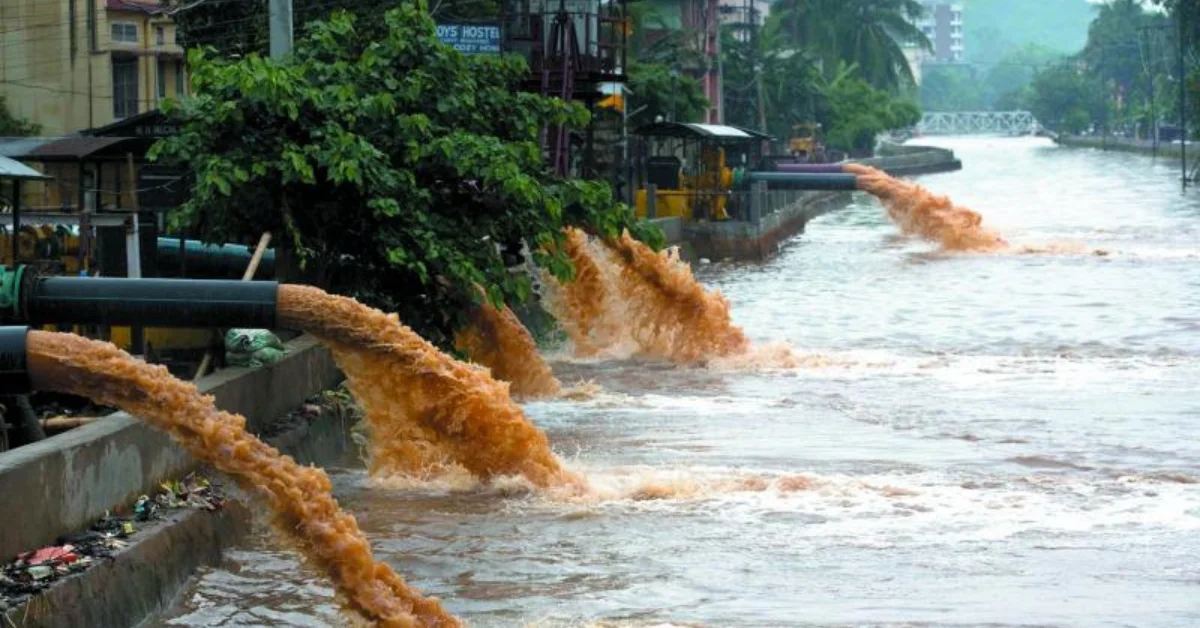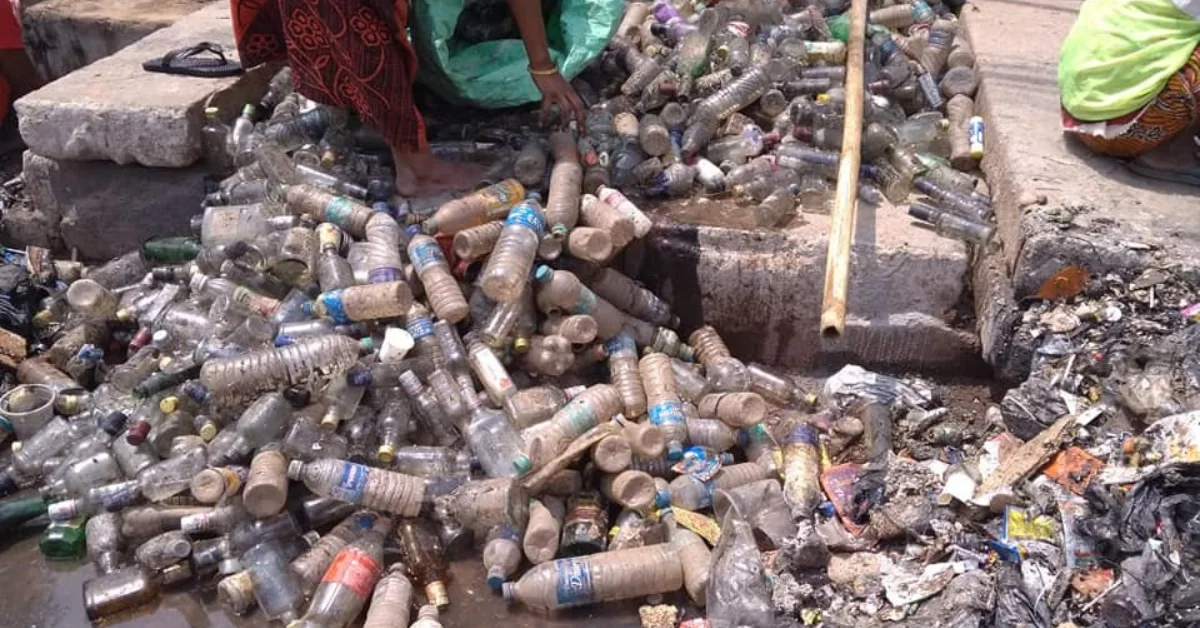
Guwahati's recurring flood problems can only be addressed through a collective effort involving citizens and the government. While the citizens' lack of civic sense and improper waste disposal practices contribute significantly to the issue, the government's negligence in prioritising flood mitigation measures exacerbates the situation.
Nestled on the banks of the mighty Brahmaputra River, Guwahati city in Assam, India, grapples with perennial flood-related challenges. Despite numerous efforts to address the issue, the city continues to witness severe inundation during the monsoon season.
This article explores the critical factors contributing to Guwahati's inability to become flood-free, primarily focusing on its citizens' lack of civic sense and the government's failure to prioritise proper sewage and drainage systems.
Citizens' Role
One of the primary reasons Guwahati remains prone to floods is the citizens' lack of civic sense and environmental awareness. The improper garbage disposal poses a significant threat to the city's drainage system. Residents often discard waste haphazardly, with little regard for the consequences. Plastic bags, bottles, and other non-biodegradable materials find their way into drains, culverts, and water bodies, resulting in clogged and inefficient drainage systems.
Several studies have highlighted that improper waste management is a significant factor in the flooding of Guwahati. Citizens must adopt responsible waste disposal practices, such as segregating waste at source and promoting recycling initiatives. There is a need for public awareness campaigns to educate citizens about the importance of keeping drainage channels clean and the severe consequences of their negligence.
Government Negligence
The government's role in mitigating flooding in Guwahati cannot be overlooked. Developmental works often prioritise infrastructural projects over essential flood-mitigating measures.
The lack of emphasis on proper sewage and drainage systems has contributed to the city's flood vulnerability. Insufficient investment in flood control infrastructure, reservoirs, and pumping stations, further exacerbates the situation.
There is a need for a comprehensive flood management strategy in Guwahati. It may be mentioned here that the Assam government's approach has largely been reactive, focusing on temporary measures rather than long-term solutions.
There is a need to invest in resilient infrastructure and sustainable flood management practices, such as improved drainage systems, floodplain zoning, and early warning systems.
The Way Forward
A multi-pronged approach is necessary to address Guwahati's perennial flood problems, involving both citizens and the government. Here are some key steps that can be taken:
Guwahati's recurring flood problems can only be addressed through a collective effort involving citizens and the government. While the citizens' lack of civic sense and improper waste disposal practices contribute significantly to the issue, the government's negligence in prioritising flood mitigation measures exacerbates the situation.
By fostering civic awareness, strengthening infrastructure, implementing policy reforms, and encouraging research and innovation, Guwahati can take strides towards becoming a more flood-resilient city, ensuring a safer and more sustainable future for its residents.

Before throwing an empty bottle into the drain, think again!
ALSP READ | Assam Duo Rides To Delhi To Raise Awareness On Floods
Anonymous Asomiya is Guwahati-based writer and she loves writing on various topics and issues apart from fiction and poetry. She is a techie by profession and to remain anonymous is her choice.